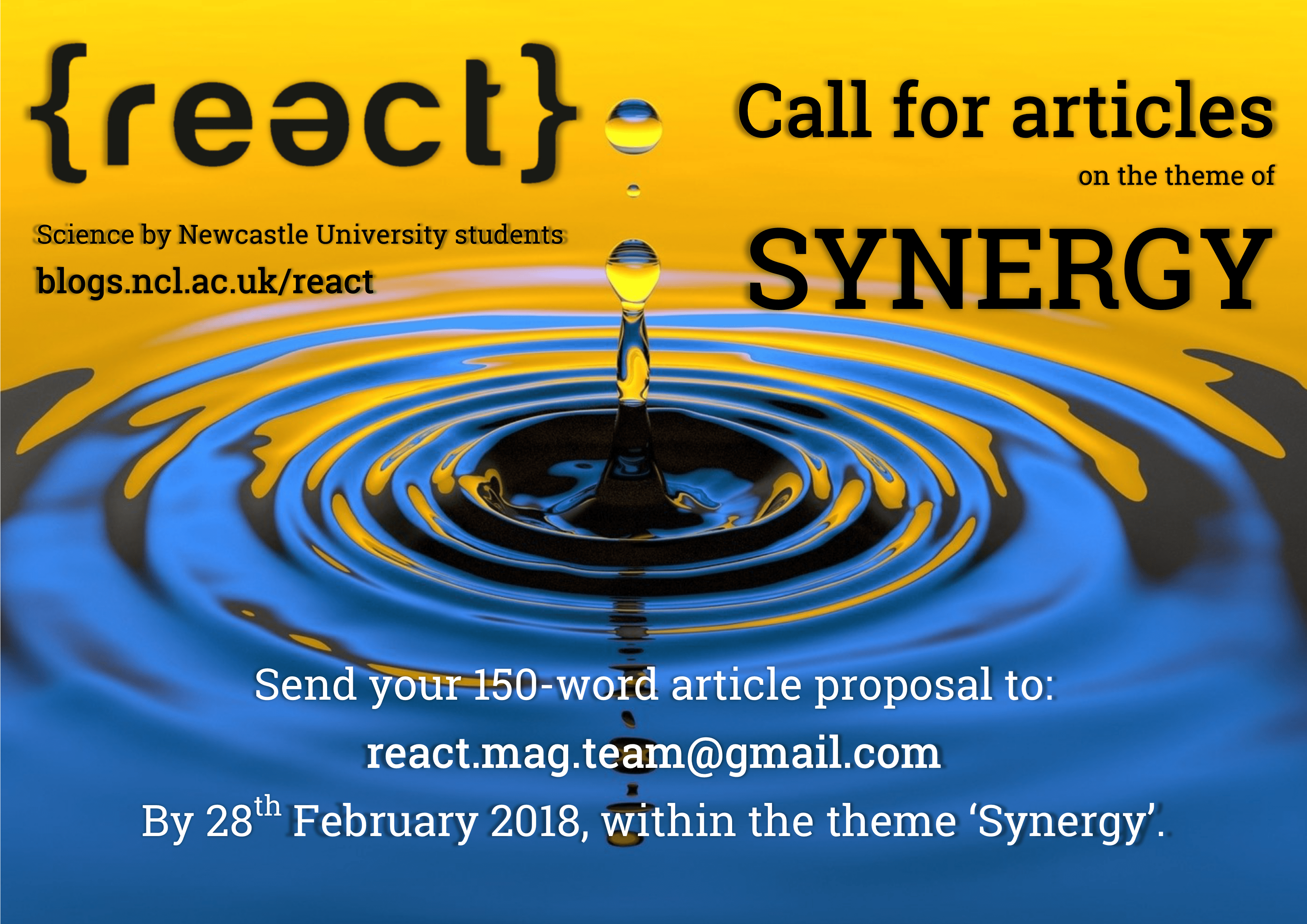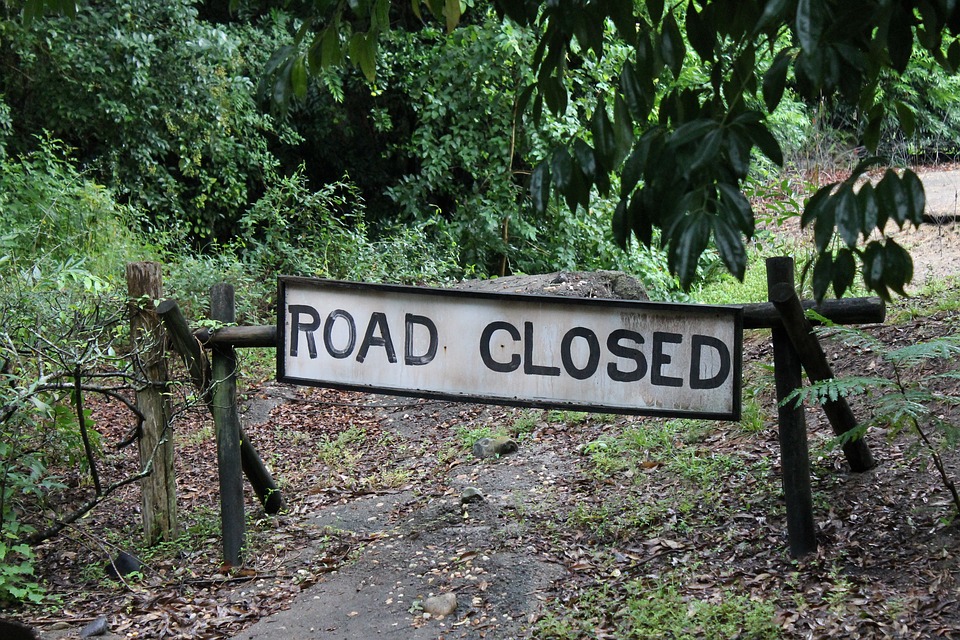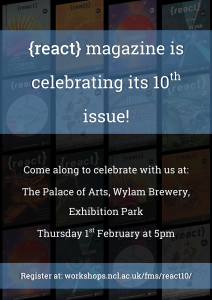By Emma Kampouraki

The ICM (Institute of Cellular Medicine) Christmas meeting took place last Monday, 18th December 2017 and was a great success indeed, more than any other Christmas meeting in these three years I have been around. What made it a success? The Christmas quiz of course!!! ICM staff had organised a great quiz for the festive period of Christmas with lots of questions and activities. They included photos of celebrities dressed like Santa, questions about Christmas traditions (some of which I had no clue about), Christmas movies, Christmas songs, an activity with logos and lots of nibbles and mulled wine.
This was the exact time I realised how much this whole quiz experience resembled my experience in science during the PhD. First of all, the idea of taking part in a quiz for some reason creates an unprecedented excitement. It drives you to the point where you try to remember previous quizzes you’ve participated in and predict the questions you’ll have to face in this one. It never works like that – admit it – but there is always a hope. At this very point, it reminds me of something…
And then the next stage comes… Teams formed, seated in circles, starting conspiring and ready to fight! It’s really like a race and the team with the most Christmas fans is meant to win. Slides and projector are sorted, questions start to appear one by one and we all look each other deep in the eyes, trying to guess who knows what. This is when you start having those thoughts that you don’t know anything and you should probably commit suicide for not remembering this and that, which are all so simple and easy otherwise. Ah, it reminds me of something…
But the thrill is about to begin when you know this detail from that popular movie and you are sure like hell, because you actually watched the movie, as tradition wants, last weekend. You know you can’t scream but you know that you know it and all you can celebrate with is the mulled wine. You announce the answer with the speed of light and then glasses up and a big sip of well-deserved wine goes down, as waves of happiness flow inside you. It truly reminded me of something…
Nevertheless, it has its downs too, when you have absolutely no clue about what the question is about. When you don’t know the answer and it matters; that kind of thing. You are pissed with everyone, but can’t change much (no, phones ARE forbidden!) so you have to live with the loss. Yeah, I know, it hurts. And guess what; it reminds me of something once again.
You know what it reminds me of. It’s my PhD, your PhD, everyone’s PhD that has its successes and its difficulties, like all situations in life. You might ask why it reminds me of that and not anything else in life, right? Well, if you are “sailing” towards a PhD yourself, you know exactly how things get magnified during this era of your life. If not, “don’t try this at home” (just kidding!). If not, at least you know the sadness of not winning the chocolates at the end of the quiz as well as the absolute madness when you actually end up winning and you feel like hero.
For the sake of my story, my team won this quiz and we got the delicious choco candies. Let’s see what happens with my PhD now…

 https://pixabay.com/en/sign-detour-road-closed-roadblock-1167333/
https://pixabay.com/en/sign-detour-road-closed-roadblock-1167333/



